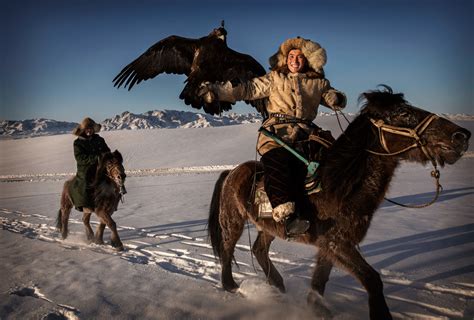how many people in china are hunters ,The pleasure of pursuit: recreational hunters in rural Southwest ,how many people in china are hunters, A growing number of China’s rich and powerful people are taking to hunting in a big way, posing serious threats to environment and humans as a government official shot . Industry expert tips and tricks. Essential Authentication Factors. Several key factors must be considered when determining the authenticity of a Louis Vuitton bag. These factors are like pieces of a puzzle that, when put together, paint a picture of authenticity. They include: The monogram. Stitching. Material. Hardware. Stamped .

Hunting, long a practice embedded in the traditions of many societies around the world, has recently gained renewed attention in China. While traditionally considered a rural activity, hunting in China has evolved in terms of both its scope and the motivations behind it. Illegal hunting, particularly of endangered species and wildlife trafficking, has emerged as a significant threat to biodiversity and public health. This article explores the various facets of hunting in China today, focusing on both legal and illegal practices, and the emerging trends that have made hunting an increasingly prominent issue.
Hunting in China: All You Need to Know Today
Hunting has a long and complex history in China, with early practices closely tied to survival and cultural rituals. However, in modern times, hunting has evolved into a more regulated and, in some cases, recreational activity. The practice of hunting in China has experienced a notable transformation over the past few decades, especially as economic growth has led to greater interest in recreational hunting, wildlife conservation, and the illegal wildlife trade.
# Legal Hunting Regulations
The legal framework governing hunting in China is multifaceted and includes a combination of national and local regulations. On a national level, the Wildlife Protection Law of the People's Republic of China (first enacted in 1988 and revised several times) plays a key role in the regulation of hunting practices. This law places strict regulations on the hunting of endangered species, particularly those that are considered vulnerable, endangered, or critically endangered, such as the Chinese alligator and the Yangtze River dolphin.
Legal hunting in China is also subject to licensing and permits, and it is typically restricted to specific regions. However, despite these regulations, illegal hunting remains a significant issue. Wildlife protection efforts are often undermined by weak enforcement mechanisms and corruption.
China’s New Love of Hunting Has Conservationists Concerned
In recent years, hunting has attracted new interest in China, particularly among the affluent urban population. The allure of hunting has become increasingly tied to status and leisure, with hunting trips in remote regions of China or abroad becoming a symbol of exclusivity and wealth. This trend has raised alarms among conservationists who fear that hunting, especially when conducted in an unsustainable manner, could contribute to the endangerment of species and disrupt delicate ecosystems.
One of the driving factors behind this new interest in hunting is the rise of recreational hunting, often in the form of game hunting on private preserves. Such hunting, in which individuals hunt non-native species for sport, is becoming more popular in China’s wealthier circles. These activities raise concerns about the ethical implications of killing animals for sport, as well as the long-term impacts on native species and ecosystems.
# The Growth of Luxury Hunting in China
In recent years, a luxury hunting market has emerged, with wealthy individuals seeking out private hunting grounds where they can hunt exotic animals such as wild boars, deer, and even tigers. These hunting operations, often located in remote rural areas, are sometimes viewed as a means of showcasing wealth and affluence. While legal hunting permits are required, these areas have sometimes been accused of lax oversight, enabling illegal activities to occur.
China’s growing interest in wildlife hunting has raised significant concerns among conservationists. Some argue that the luxury hunting industry in the country is contributing to the decline in native wildlife populations and is fuelling the demand for illegal wildlife trading. In addition, it is believed that these practices could jeopardize China’s ongoing efforts to protect endangered species, as they often encourage the illegal capture and killing of rare animals.
Assessing the Illegal Hunting of Native Wildlife in China
Illegal hunting is one of the most pressing concerns for wildlife conservationists in China. Despite the laws in place to protect endangered species, there is still a significant level of illegal hunting that poses a grave threat to biodiversity. This illegal activity can involve hunting animals for their fur, meat, bones, or even for the exotic pet trade.

how many people in china are hunters Mission Statement. Christie Lites' Rental Network. provides. Measurably Higher Value. through. Consistent Focus and Committed Relationships. We are singularly focused on stage lighting with a mission to be the highest value provider of stage lighting services and technical expertise in the global marketplace.
how many people in china are hunters - The pleasure of pursuit: recreational hunters in rural Southwest